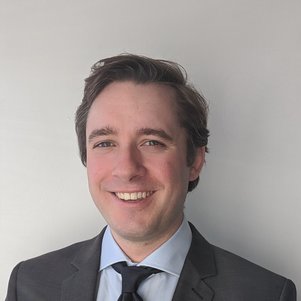Andreas Wallucks selected as Schmidt Science Fellow
Schmidt Futures has selected Andreas Wallucks of the Simon Groeblacher Lab (Quantum Nanoscience) as one of their 22 early-career interdisciplinary Fellows. Wallucks will receive a a $100,000 stipend that allows him to change topics as a postdoc. He will join a community of fellows and will be paired with an internationally accomplished and experienced senior scientist as a mentor.
Andreas Wallucks spent his PhD working on new information storage techniques for quantum technology. He created a macroscopic entangled system using very delicate new micro-fabricated silicon devices which, when cooled to near absolute zero temperatures, stored information in the form of laser-pulse induced vibrations. As a Schmidt Science Fellow, Andreas is planning to pivot his research into optical sensors. He aims to develop optical detectors that can identify very low concentrations of biomolecules with potential applications for disease-detecting healthcare devices.
“I am super happy to be selected for the Schmidt fellowship”, Wallucks said. “It allows me to start looking for a research group where I can focus on a new topic: single molecule detection. I look forward to getting to know the community at the special events that the fellowship hosts throughout the year.”
About Schmidt Futures and the fellowship
Schmidt Futures is a philanthropic initiative founded by Eric and Wendy Schmidt that finds exceptional people and helps them do more for others together. The organization provides their Fellows with the skills and perspectives to harness and accelerate their exceptional scientific talents.
The Fellows are supported to pursue a postdoctoral research placement at a world-leading laboratory anywhere in the world. This placement must be in research at a significantly different discipline from the Fellow’s PhD, with the aim of exposing them to ideas and skills that will help them examine scientific problems and approaches from different perspectives and to accelerate discoveries.
